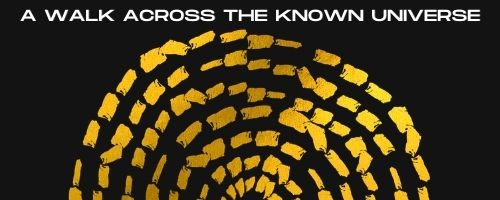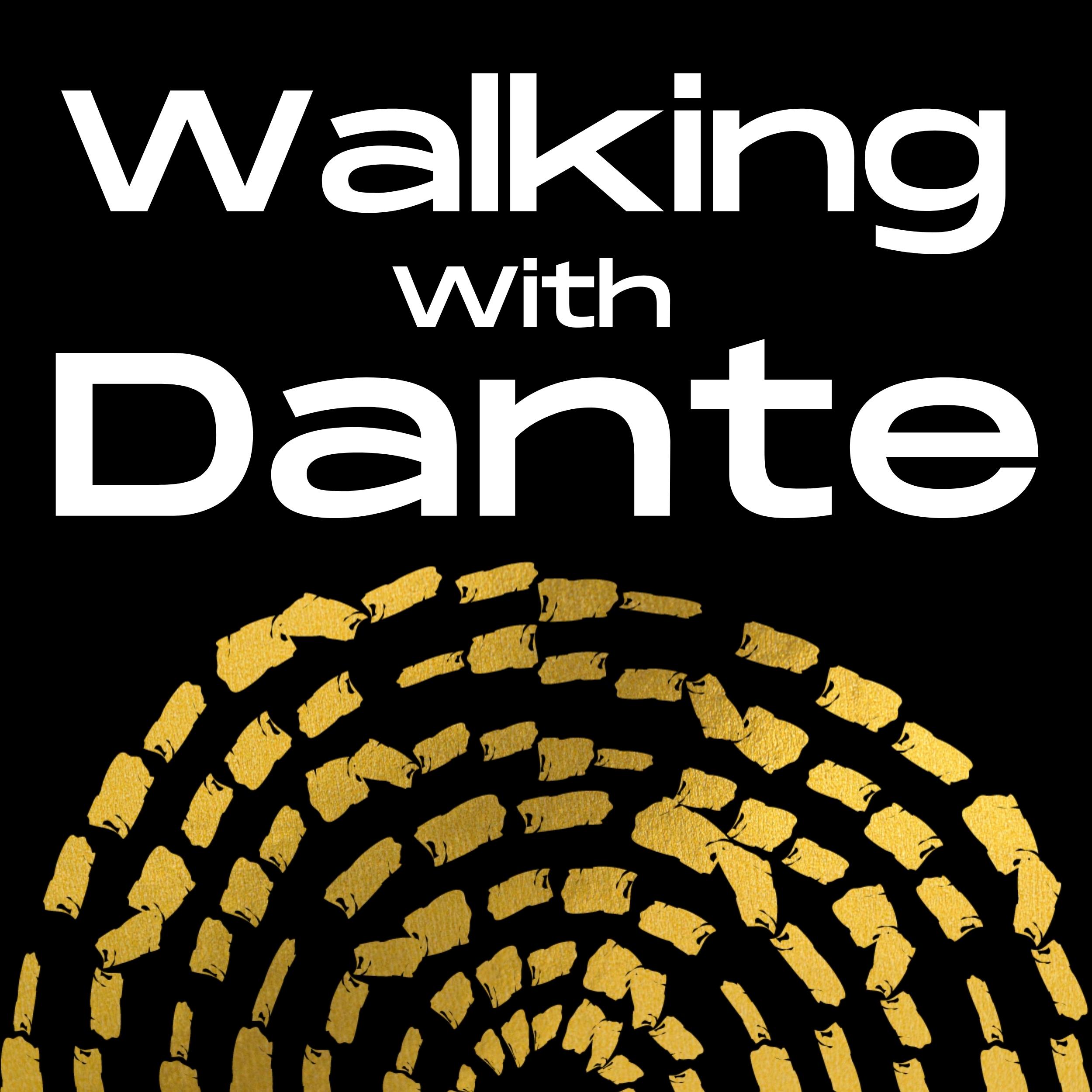Episode 6
Virgil To The Rescue: INFERNO, Canto I, Lines 67 - 96
We meet the pilgrim Dante's first and great guide, the Roman poet Virgil. He is the pilgrim's master, his "author." Except he's also Virgil, a guy who has a limited understanding of the universe.
What happens when you meet your hero and he's not what you imagined? What happens when he's as fallible as you are?
Easy. You set off across the universe together. How else do humans do it?
Join me, Mark Scarbrough, as we start the pilgrim's journey again, a do-over, all in the first canto, this time with a guide and not under the pilgrim's (or maybe the poet's) own steam.
Here are the segments of this episode:
[02:20] My English translation for this passage: INFERNO, Canto I, Lines 67 - 96. If you'd like to read along, find a study guide for deeper analysis, or even continue the conversation with me, please find this episode under the header INFERNO, Cantos I _ IV on my website, markscarbrough.com.
[04:45] Virgil! That apparition from the last episode is the great Roman poet.
[06:59] The first shot at a much longer discussion of an important tool in Dante's kit: periphrasis, a rhetorical strategy whereby a writer "walks" around something or someone without naming it.
[08:57] Virgil offers the pilgrim Dante his résumé. It's not all it seems. Or perhaps it's less than he tries to make it.
[16:11] Virgil makes a big mistake, a theological mistake, which may tell us more about what our poet thinks of Virgil than Virgil intends to give away at this moment.
[20:24] Even so, the pilgrim offers Virgil a little hero-worship.
[21:45] A final bit about the internal landscape of this poem. There's a lot of talk about how medieval poetry shows no interiority, no inner life of its characters. But there may be a clue in this passage that COMEDY is very interested in the pilgrim's interiority.
[23:19] A question about the pilgrim's guides in COMEDY.
Mentioned in this episode:
A brief introduction to the walk ahead


